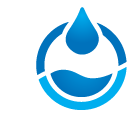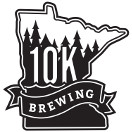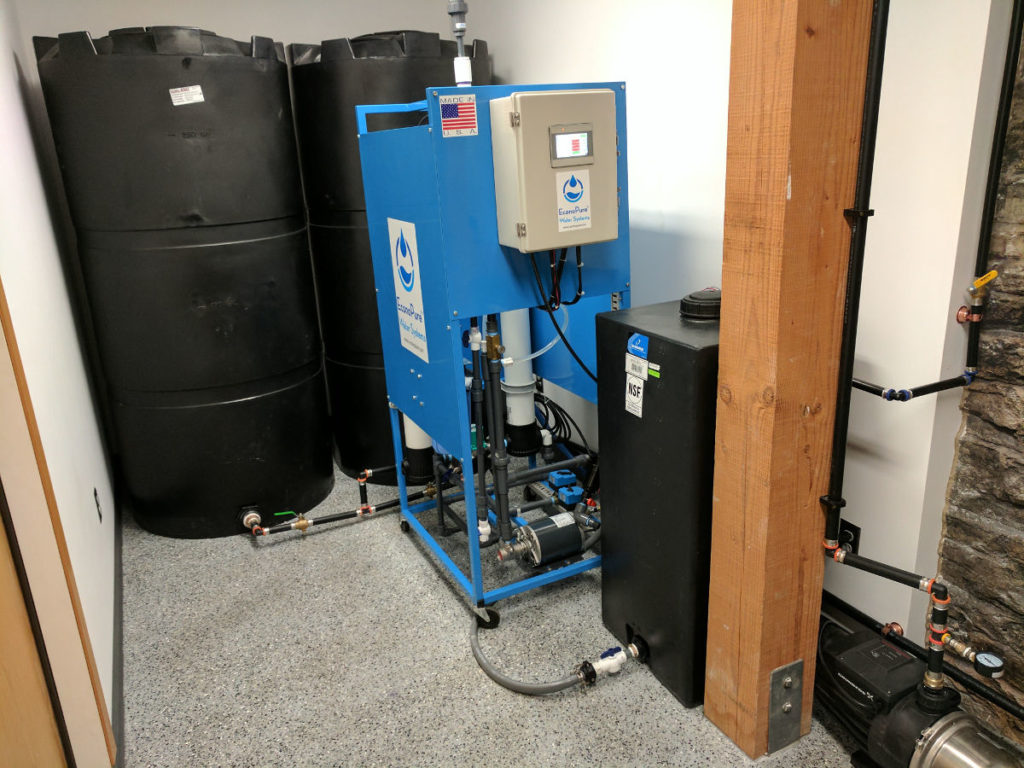When I brewed at home, I used a mix of 1 part bottled water to 1 part carbon filtered tap water. Add a little pH stabilizer and it resulted in awesome beer!
When opening 10K Brewing, buying even half of the ~160 gallons of water it takes to make a batch in bottle water obviously wouldn’t work. Anoka’s water comes from aquifers located under the earth’s surface. As water makes its way into the aquifer from the surface it collects ions. In addition, aquifers are fluid and as they flow, the water picks up even more ions. As a result this makes Anoka water very hard when we compare it to surface water sources. Hard water is not necessarily a bad thing, but it becomes very difficult to brew with all of the extra ions and the beers that I brewed at home were no longer turning out awesome.
What The Heck Are Ions?
Ions are minerals that have dissolved into the water. Calcium, magnesium, sodium, etc. To keep things simple, I am going to talk about just one ion, sulfate. Anoka water is low in sulfate. Most municipal water is. Sulfate accentuates hop flavor and the perception of bitterness. Whereas our water being low in sulfate and high in other ions does the opposite, it accentuates malt flavor. There are a few ways to increase the sulfate level. The most common being magnesium sulfate (Epson Salt) and calcium sulfate (Gypsum). But our problem is that our water is already extremely high in both magnesium and calcium. So adding these to the water to accentuate hop flavor would ultimately do more harm than good.
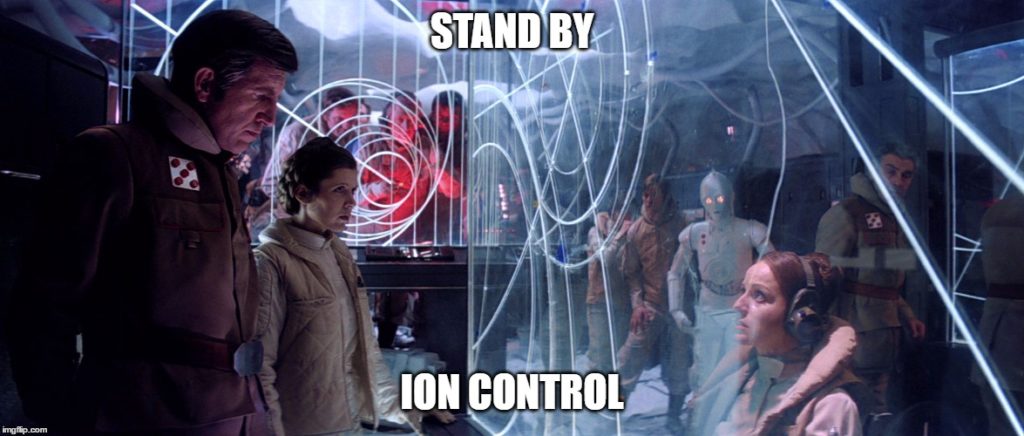
Without anyway to remove these extra ions we focused on brewing beers that were more malty than bitter. Not a huge problem since our target market prefers malty beers. But as the brewery grew I felt limited in the quality of beer we could produce and that limitation revolved around sub-par water. A few months after we opened Sisyphus Brewing offered to come in for a brew along. The first question the head brewer asked was “Do you have hard water?” By the end of the brew day I had the kick in the ass I need to pursue water treatment options.
Searching For A Solution
Until now our water treatment consisted of particulate filtration (filtering organic materials), carbon filtration (filtering chlorine), and citric acid to acidify the water within acceptable range. But we needed a way to remove those pesky ions. Reverse osmosis (RO) was the obvious choice and most brewers that don’t have access to applicable water sources in Minnesota, go that route. But there is a few problems with reverse osmosis:
- Reverse osmosis is wasteful. Reverse osmosis forces water through membranes that allows pure water to pass but not larger ions and other dissolved solids. What doesn’t pass through the membrane needs to leave the treatment system through brine water. Most RO systems waste 1 part water for every 2 parts it cleans. That means you waste 50 gallons for every 100 gallons of clean water. In addition it works so well that it strips almost all of the ions away. But for brewing we actually need to keep some of the ions around. So brewers will mix back in 40-70% untreated water to add ions back in.
- Because reverse osmosis removes almost all of the ions and dissolved solids from the water, it is no longer Anoka water. It’s just pure water. I takes away the uniqueness.
- Most RO membranes are designed to last less than a year. This is because the manufacture wants to make money on replacement membranes. The system itself is cheap, but upkeep and maintenance turns a premium.
RO water is also corrosive, energy intensive, and requires additional pretreatment equipment. To me, RO was not an obvious choice. I began looking outside of Minnesota for a solution. Water is not scare here. We have plenty of it but that doesn’t mean we should waste it. Our water is also very high quality and unique to the region. So why should we strip it of its uniqueness? California regularly experiences droughts. In recent years it has been considered the driest since record keeping began. They don’t have the water to waste. Traditional RO systems are unacceptable.
A Better Solution Is Out There
EconoPure is a company experienced in water treatment with roots in sea water desalination and treatment of water for fracking. Located in California, they understood exactly the problem I was describing. 10K Brewing partnered with EconoPure to help test and develop their LF Nano water treatment system.
Unlike RO, Nano filtration leaves some ions in the water. Providing EconoPure with the correct information allowed them to procure membranes and prepare the LF Nano for entry into the brewery market. The LF Nano also resolves the pitfalls of traditional RO filtration:
- The LF Nano significantly reduces brine water being 90% efficient. That’s only 1 part waste for every 10 parts cleaned.
- Because we are leaving some ions in the water, it is still Anoka water. By designing the membranes correctly, it gives us the exact water we need for brewing.
- The LF Nano’s patented design significantly reduces membrane fouling. Membranes are estimated to last 4-7 years. EconoPure is not focused on driving income from replacement membranes. They focus on creating the best treatment systems that solve water problems faced around the world.
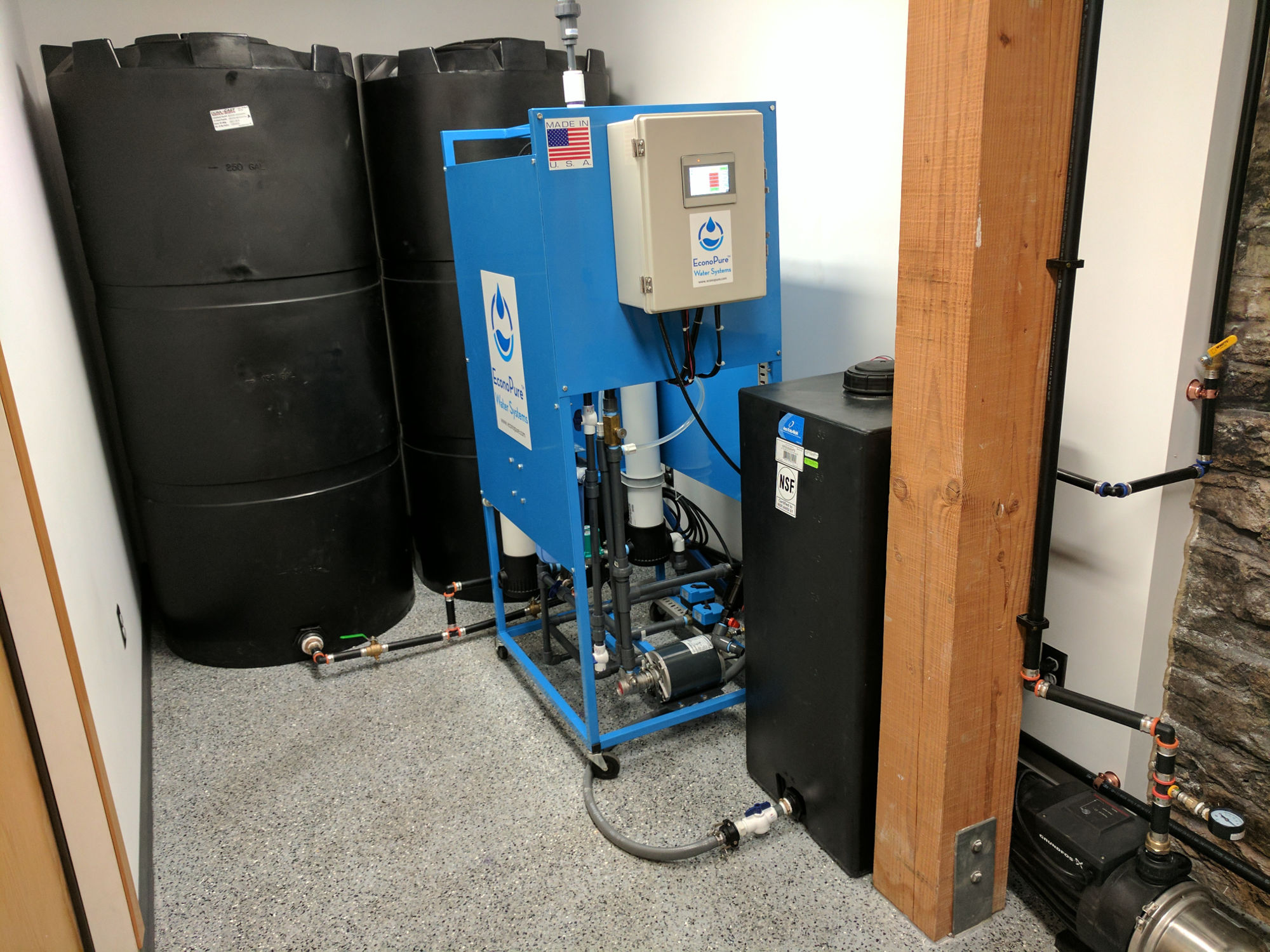
The result is water that in itself can once again result in awesome beer. But also gives me the flexibility to design a water profile that best fits the beer I am brewing. We started this project in March of 2016 and we expect to be fully converted to the new water by March of 2017. The project itself involved 10K Brewing building a new water treatment room, redesigning recipes, and changing our brew process. EconoPure designed new membranes and adapted the LF Nano for brewery operations. A technical endeavor that combined the strengths of Minnesota values and California innovation.
Join as we roll out new beers (such as the Citra Session IPA) and convert your favorites using the new water. To help identify these beers, look for the following water symbol on our menu:
